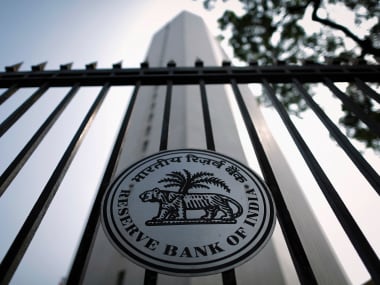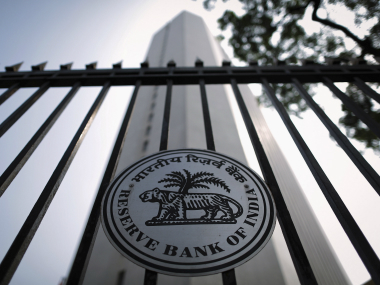In a fresh twist to the government’s previous announcement on cash deposits in the banks, the Reserve Bank of India has issued a fresh notification, withdrawing restriction on Rs 5,000 deposits for KYC compliant account holders. [caption id=“attachment_3154580” align=“alignleft” width=“380”]  Representational image. Reuters[/caption] The fresh notification by the RBI, following a massive public backlash, comes just two days after the central bank had said individuals can deposit over Rs 5,000 in old currency bills only once until December 30 and that too after explaining why it had not been done so far. The central bank said that on reviewing its notification of December 19, it is advising banks to withdraw the two conditions for fully KYC-compliant accounts. After banning old Rs 500 and Rs 1,000 notes on 8 November, the government had allowed all of the cash holdings with any person to be deposited in bank accounts till December 30. There was no limit on the quantity or value of the junked notes that could be deposited. However, the government on 17 December issued a gazette notification putting restrictions on deposits henceforth. On 19 December, the central bank had said that now-defunct notes in excess of Rs 5,000 shall be credited to only KYC-compliant accounts and if the accounts are not KYC-compliant, credits may be restricted up to Rs 50,000 subject to the conditions governing the conduct of such accounts. The equivalent value of specified bank notes tendered may be credited to an account maintained by the tenderer at any bank in accordance with standard banking procedure and on production of valid proof of identity, the RBI had said.“The equivalent value of specified bank notes tendered may be credited to a third party account, provided specific authorisation therefore accorded by the third party is presented to the bank, following standard banking procedure and on production of valid proof of identity of the person actually tendering,” it added. The above restrictions shall not apply to tenders of SBNs for the purpose of deposits under the Taxation and Investment Regime for the Pradhan Mantri Garib Kalyan Yojana, 2016. Meanwhile, in a notification, the Finance Ministry had said: “There shall not be any limit on the quantity or value of the specified bank notes that are tendered for payment and deposit made under the Taxation and Investment Regime for the Pradhan Mantri Garib Kalyan Yojana, 2016”. With PTI inputs
After banning old Rs 500 and Rs 1,000 notes on 8 November, the government had allowed all of the cash holdings with any person to be deposited in bank accounts till December 30.
Advertisement
End of Article


)

)
)
)
)
)
)
)
)



